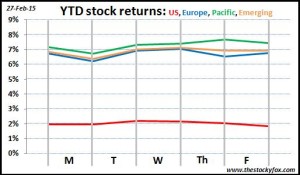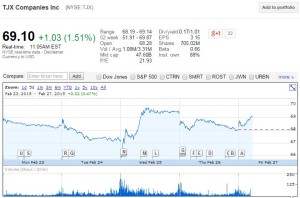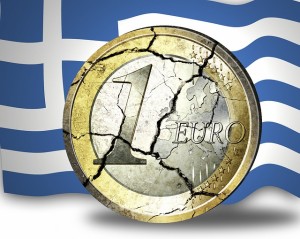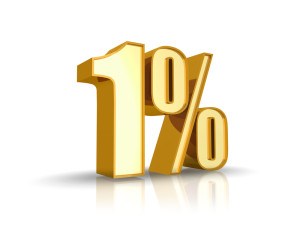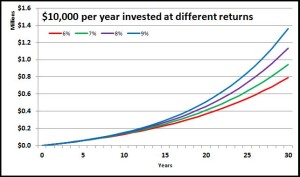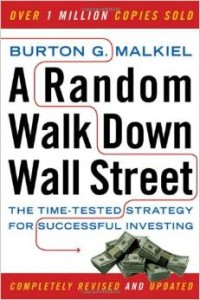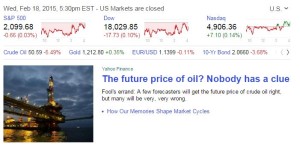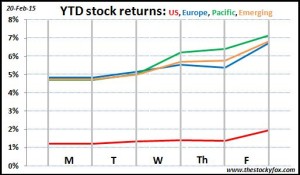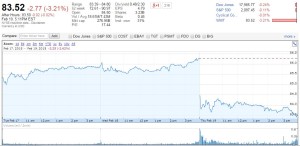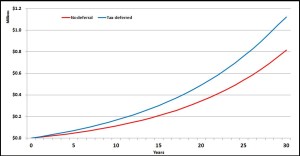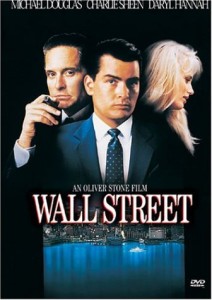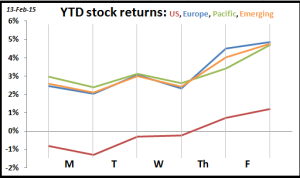In honor of black history month, I am posting a review of A Raisin in the Sun. It was originally a play written by Lorraine Hansberry in 1959 which experienced significant success on Broadway, after which it was adapted into a movie in 1961. Over the years it has appeared in playhouses around the country in many incarnations as well as being made into three films. Walter Younger, the main character, was originally played by the incomparable Sidney Poitier and later by Joe Morton, Danny Glover, Puff Daddy, and most recently Denzel Washington.
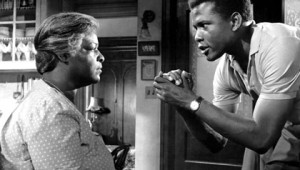
The drama centers on the Younger family: Walter, his wife Ruth, and their son Travis; Walter’s sister Benny; and Walter’s mother Lena. The entire family is living in a two-bedroom slum apartment on the south side of Chicago (near where I went to graduate school). Walter is constantly dreaming of making it big with some get-rich-quick scheme, while Ruth and Lena have accepted their humble lives, and Benny is soaking up all life has to offer while studying to become a doctor.
As a stroke of bitter-sweet fortune, Walter’s father who had recently died, had a life insurance policy that paid $10,000 to Lena (which today would be the equivalent of between $80,000 and $200,000 depending on how you calculate it). Walter wants to put it towards opening up a liquor store while Lena wants to use it to buy a home and help pay for Benny’s education.
Eventually Lena puts $3500 down on a new home in an all white neighborhood for the family, but gives the rest to Walter. She instructs him to put $3000 in a savings account for Benny and then do with the rest as he thinks best because he is the “man of the house now”. Walter uses the whole $6500 (including Benny’s $3000) to pool with some friends to open their liquor store but is swindled when one of his partners bolts with the money.
A bitterly dejected Walter, having squandered his family’s windfall, tries to redeem himself by offering to resell the house his mother bought to their soon-to-be neighbors who are willing to buy the Youngers out (and at a profit for the Youngers) so they don’t have to have a black family among them. At his darkest moment, Walter’s family rallies around him and Walter rejects their neighbors’ offer and the family moves into their new home.
There are two analogies which come to mind when thinking about this movie: first mole sauce and second a time capsule.
Mole sauce, because it’s made of something like 1000 different ingredients, and it seemed like Hansberry deliciously layered about 1000 different social issues into her intriguing play. Race was the dominant issue of the drama—white racism against blacks most overtly, but also black racism against whites as well as black racism against fellow blacks. You also had questions of what it meant to be a black person living in white America as well as the relationship black Americans should have to Africa. The play also looks at gender roles, the evolving role of religion, poverty issues and the potential for upward mobility, and if all that wasn’t enough it even throws in abortion and child abuse. All of those were relevant then and they remain relevant today.
Time capsule, because as I was watching the movie in 2015 I was asking myself “Is that really what life was like in 1960?” Whether it’s the race issues, how women are viewed both by Walter and the women themselves, a defeatist attitude about upward mobility, or their insane views on how to use the money (more on this in a second); it just seemed like this was another world, not 50 years ago. I don’t know if I’m naïve when I think it couldn’t really have been that bad then, or if I’m proud of our society for having come so far in the five decades. On the surface the movie is so anachronistic but at its core it features the issues and struggles that we have today just as we did in 1960. Very thought provoking.
Benny is the most interesting character (but also the character I get most frustrated with) because it seems all these issues use her as a foil. She wants to be a doctor to help society and break out of poverty, but her family only sees her as the future wife of some man, preferably a rich man. She ends up dating two men—one is a wealthy, educated black man who has completely assimilated to “white America” while the other is a Nigerian who asks her to embrace her African roots and ultimately return to her ancestor’s continent. She wants to experiment with all life has to offer (photography, horseback riding, music) while her impoverished family can’t really afford such fickle luxuries.
And of course, any review of this movie is incomplete without a comment on Poitier’s performance. Obviously, it’s sublime. He creates an amazingly complex character who is at the same time oppressively pessimistic but also unswervingly optimistic; defeated by life yet playful; prideful and stubborn yet able to lead the family when it needs him most. Many people have written many pages on the greatness of Poitier (as I have just done) and deservedly so. Additionally, I would be remiss if I didn’t also compliment Puff Daddy for an unexpectedly wonderful performance as Walter in the most recent movie from 2008. Who knew?
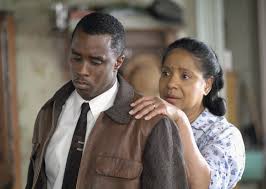
You’ve been patient with me so far, and maybe you’re wondering, “yeah, that’s all great, but what does this have to do with personal finance?” The movie revolves around a family that receives a huge financial windfall, and they need to figure out what to do with it. This is actually a very common scenario in real life, and actually one I’ll dedicate next Monday’s post to.
And just like in real life, the family has all sorts of ideas on how to spend the money, ranging from quite sensible to insanely frivolous. Lena uses a chunk of it as the down payment for a house and intends another big chunk to go towards her child’s education, both fairly sensible. Walter wants the money to start a business which is high-risk/high-reward; of course one of the major risks there is you expose yourself to malfeasance which ultimately bites him. Other ideas are thrown about like Lena should use the money to take a luxurious vacation (sounds like fun, but not very responsible), donate it (noble but doesn’t solve the Younger family’s problems), or even just hang the check up on the wall and look at it.
It pains me that they never consider the idea of investing it in the stock market. Of course in hindsight maybe they were wise to avoid the 1960s (a decent decade for stocks) and 1970s (a terrible decade for stocks). But I suspect it speaks to the lack of financial literacy and knowledge of investing in the broader population from the 1960s, and particularly for the impoverished. This is actually a place where I think we’ve made a tremendous amount of progress as a society (more on this in a future post). Had the book been set in 1950, 1980, 1990, or 2010, not considering the stock market would have been a costly oversight.
So there you have it. I think it’s a great movie, especially appropriate as we reflect on black history month and look at its intersection with personal finance. I love Poitier and the social issues are incredibly thought provoking. But I feel the other characters don’t match Poitier’s excellence (tough to do). Also, you can obviously tell the movie is an adaption of a play; the action is stilted and the scenes overly dramatic the way live performances so often are (sometimes you feel you’re watching a camcorder recording of a play, instead of a movie). I definitely recommend it, and give it three out of four stocky foxes.

